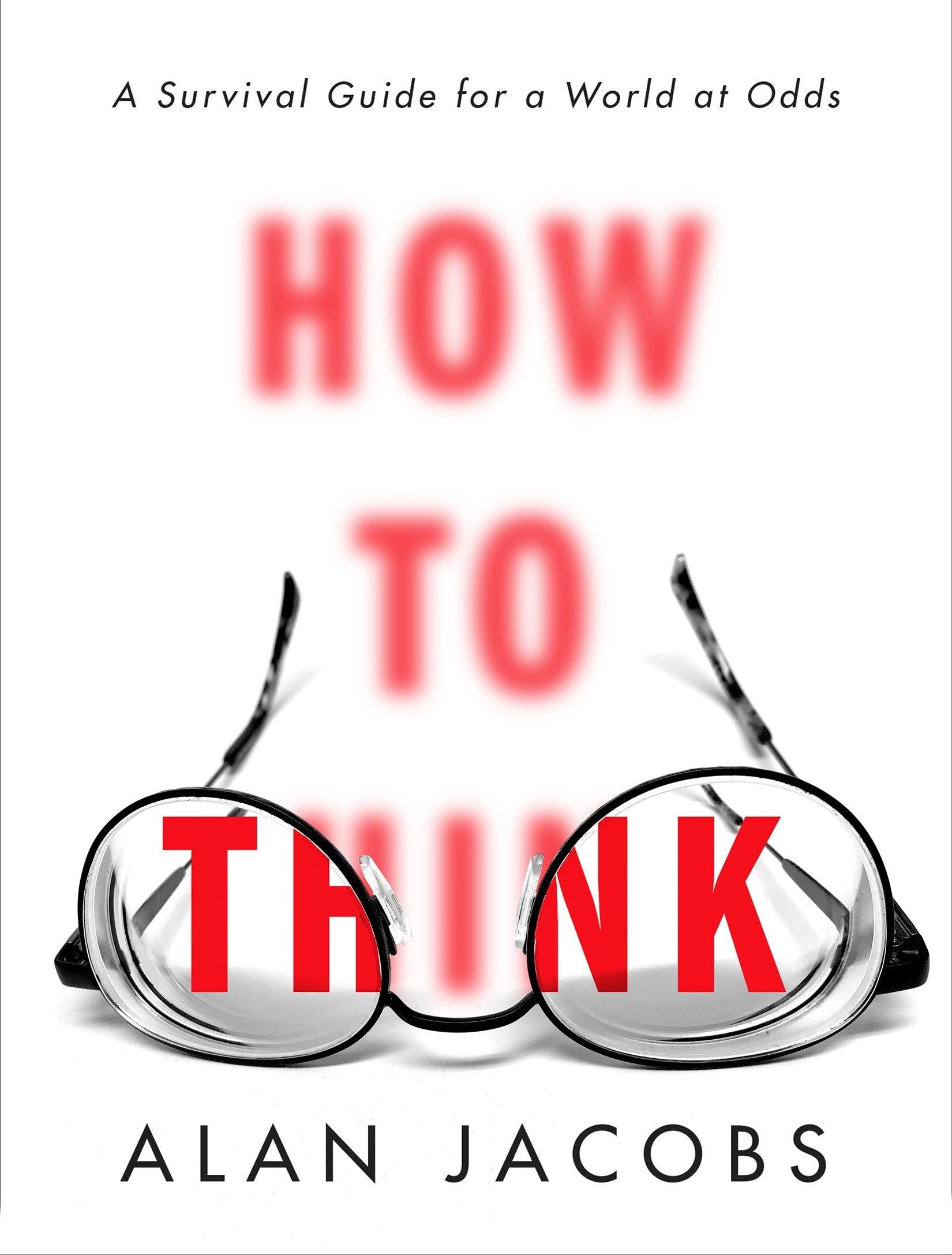Customer Services
Copyright © 2025 Desertcart Holdings Limited


Full description not available
M**N
One of the Best Critical Thinking Books I've Ever Read
I've taught critical thinking for 20 years and most books on the subject are boring and trite. But Jacobs has written a masterpiece.Jacobs explains that thinking is not the choices we make. Rather, thinking consists of the assessments we make before we arrive at our decision. Most people don't think. They act on instinct and impulse.One of the questions this book raises is this: Can we be agents of free will evidenced by the use of our reason and critical thinking or are we doomed to be slaves of instinct and base appetite?Truly original, Jacobs observes with great insight that we cannot improve thinking by thinking about thinking directly. Rather, we must improve our moral character. Strong thinking stems from a strong moral center. His argument here is persuasive, original, and "disruptive" in the best sense of the word.Treating thinking as an art, informed by the ancients in the Humanities and religious traditions, Jacobs does an excellent job of showing the techniques of clear thinking: listening instead of defaulting into our stubborn mind bubbles.Jacobs uses the analogy of the elephant, our instinct and intuition, and the rider, our logic, and he wants us, the rider, to tame the elephant.One depressing note: Thinking requires diligent hard work. Experts on thinking admit after decades of poring over this subject that they can be prejudiced and delusional.We are arrogant, lazy creatures. Most of us will be indifferent to the plea to think clearly and fairly, but for those who have an appetite to improve their critical thinking, Jacobs' book is a delicious feast.
E**S
NEVER YIELD TO GROUP THINK
The book is rather intelligent and thought provoking. Thinking is trouble. Thinking can force US out of familiar, comforting habits, and it can complicate our relationships with like-minded friends. Finally, thinking is slow, and that’s a problem when our habits of consuming information –mostly online- leave us lost in the spin cycle of social media, partisan bickering, and confirmation bias.My favorite idea coming from this book is that for us to be ‘human’ it requires ‘brain interaction’ with others, the friction of ideas yielding to our personal growth.On page #23 of the book the author writes:‘Human beings are not built to be indifferent to the waves and pulses of their social world. For most of us the question is whether we have even the slightest reluctance to drift along with the flow.The person who genuinely wants to think will have to develop strategies for recognizing the subtlest of social pressures, confronting the pull of the in-group and disgust for the out-group.The person who wants to think will have to practice patience and master fear.’Why?Because, the author concludes throughout the book, when we dedicate ourselves to thinking, our ‘tribe’ feels betrayed by the challenge and they usually consider US traitors to ‘group-think.’We close with a statement on page 35:‘The tale of a community that provides security in exchange for ‘thought’ and the courageous member of that community who, daring to think, sacrifices the security provided by the tribe.So we leave you daring to think, in the HOPE to be wise.
M**K
Definitely more than four stars
How To Think really can't be reduced to a few commonsense bullet points. Jacobs has written a book with precision and clarity about a complex, nuanced subject—in a divided world eager to summarize (and consequently destroy) its opposition. He takes pains to describe how we, most of the time, think we're thinking, when, in fact, we're not. The highly educated are no less vulnerable because (guess what?) possessing knowledge and thinking are completely different mental achievements. Nevertheless, How to Think deploys an wide range of study: neurology, biology, philosophy, psychology, sociology, literature, theology—is thoughtful, conversational, lucid, and brief. It also accomplishes a light, optimistic, commiserating tone, which makes it a pleasure to read.
A**R
Got me thinking
For years now I was trying to put my finger on an aspect of modern online dialog and what seems so counter productive about so much of it. I think this book helped me frame the problem in a very clear way. My goal is to be a better person by thinking and behaving better. I believe I'm much more equipped for this, and to realise when I'm falling to the trap. The concept used in this book of "repugnant cultural other" has really helped me frame the war of wasted words around us. Very good!
N**D
Don't think, just ignore this book .It is not worth it .
Expensive book ,supposed to improve your thinking but doesn't . It is not what is cracked up to be . Instead buy "Thinking fast and slow "by Noble prize winner Kanheman . It is the real McCoy .
N**I
An invaluable guide to thinking well
A simple yet brilliant book.
S**C
A great quick short read that will make you think
A great quick short read that will make you think. We all need to think more in this day and age.
L**N
Five Stars
This item was requested and the recipient is very happy with it.
Trustpilot
2 months ago
1 day ago